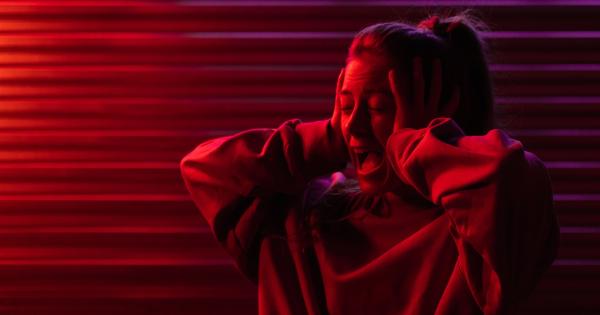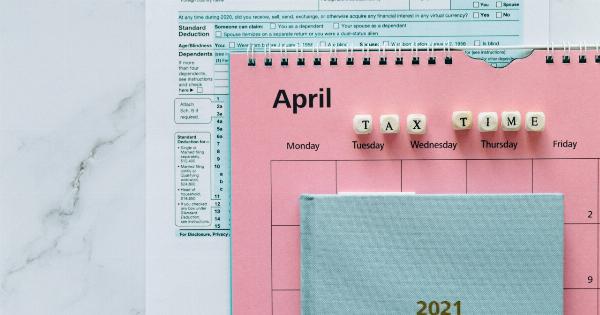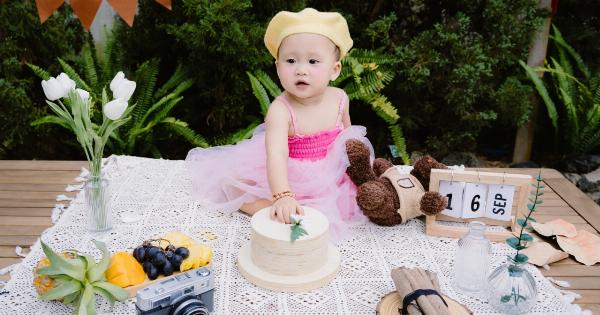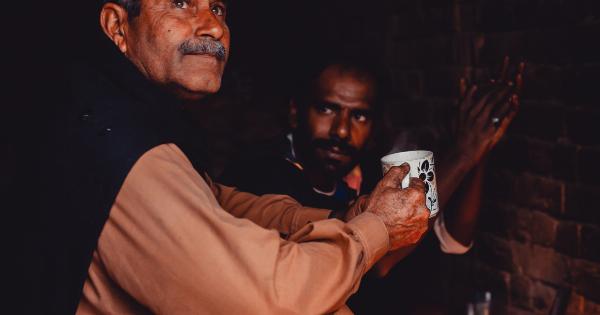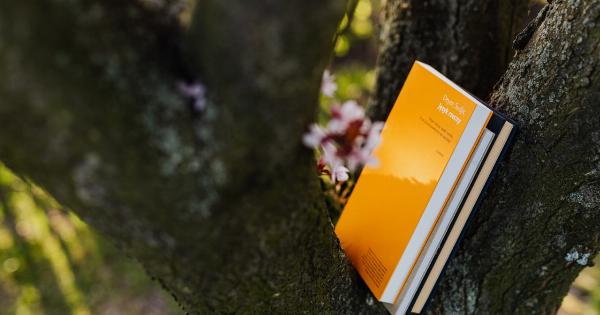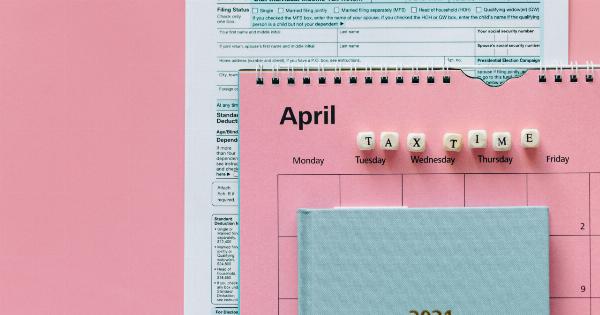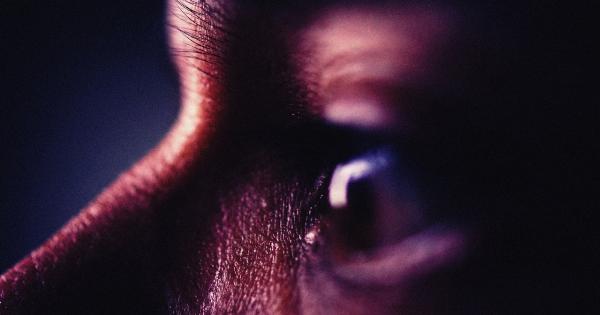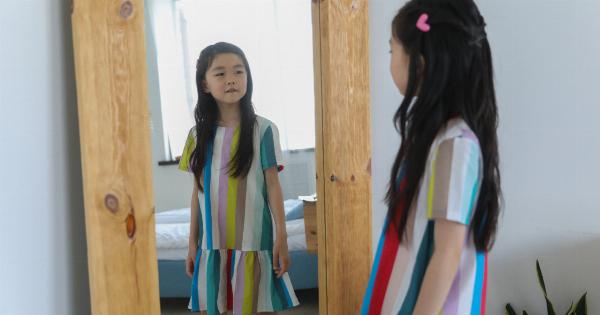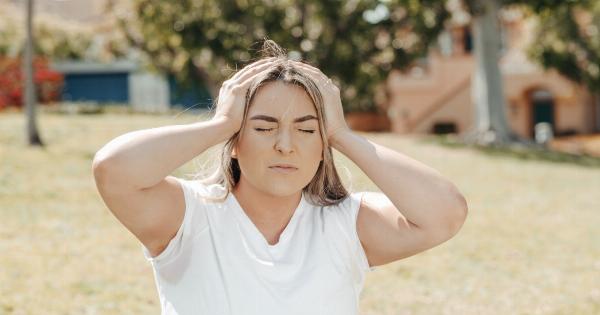Dealing with a miscarriage can be an emotionally challenging experience. This often leaves couples wondering when they can try to conceive again. The answer to this question depends on the circumstances surrounding the miscarriage.
What is a miscarriage?
A miscarriage is the loss of a pregnancy before the 20th week. According to the American College of Obstetricians and Gynecologists, about 10% of pregnancies result in miscarriage. The most common cause of miscarriage is a chromosomal abnormality.
Other factors that can increase the risk of miscarriage include age, lifestyle choices, and certain medical conditions.
When can you try to conceive after a miscarriage?
The time frame for when you can try to conceive again after a miscarriage largely depends on the individual situation, but most doctors will recommend waiting until you have fully physically recovered from the miscarriage.
This recommendation is usually around one to three menstrual cycles.
What are the factors that can influence the timing of conception after a miscarriage?
Several factors can play a role in determining when you can start trying to conceive again after a miscarriage, including:.
- The cause of the miscarriage
- The timing of the miscarriage
- Your physical and emotional recovery after the miscarriage
- Whether you had any medical procedures or interventions related to the miscarriage
How long should you wait based on the cause of the miscarriage?
If the cause of the miscarriage was a chromosomal abnormality, you can typically start trying to conceive again after one menstrual cycle.
But if the miscarriage was caused by a medical condition or a problem with the uterus, your doctor may recommend waiting longer, especially if you underwent a D&C procedure to remove pregnancy tissue.
How long should you wait if you had a D&C?
If you had a D&C procedure following a miscarriage, your doctor may suggest waiting for two or three months before trying to conceive. This will allow time for your body to heal fully and recover from the procedure.
Bear in mind that a D&C can increase the risk of complications in future pregnancies so it is recommended to wait until you have completely healed to lessen the chance of any issues arising.
How long should you wait if you had a natural miscarriage?
If you had a natural miscarriage, and your doctor has confirmed that you are physically healthy afterward, you can generally begin trying to conceive after one menstrual cycle.
What kinds of emotional effects can a miscarriage have?
A miscarriage can have a significant emotional impact on both you and your partner. You may experience feelings of grief, guilt, and anger. Also, you may be afraid to try again for fear of another loss.
It is important to give yourself time to grieve and seek out emotional support as needed.
Can you get pregnant after a miscarriage before your first period?
It is possible to get pregnant before your first period after a miscarriage as your body may still release an egg. However, your cycle may not have fully returned to normal yet, and it can be difficult to determine the due date.
It is recommended to wait for one menstrual cycle before trying to conceive again.
Conclusion
The decision to try to conceive again after a miscarriage is a personal one. It is important to speak with your doctor to determine when the right time is for you to try again based on your specific situation.
Taking the time to physically and emotionally recover from a miscarriage is important to reduce the risk of future complications. Remember, it is normal to grieve a miscarriage and if you feel comfortable, speak to loved ones who have been through similar experiences for support.







